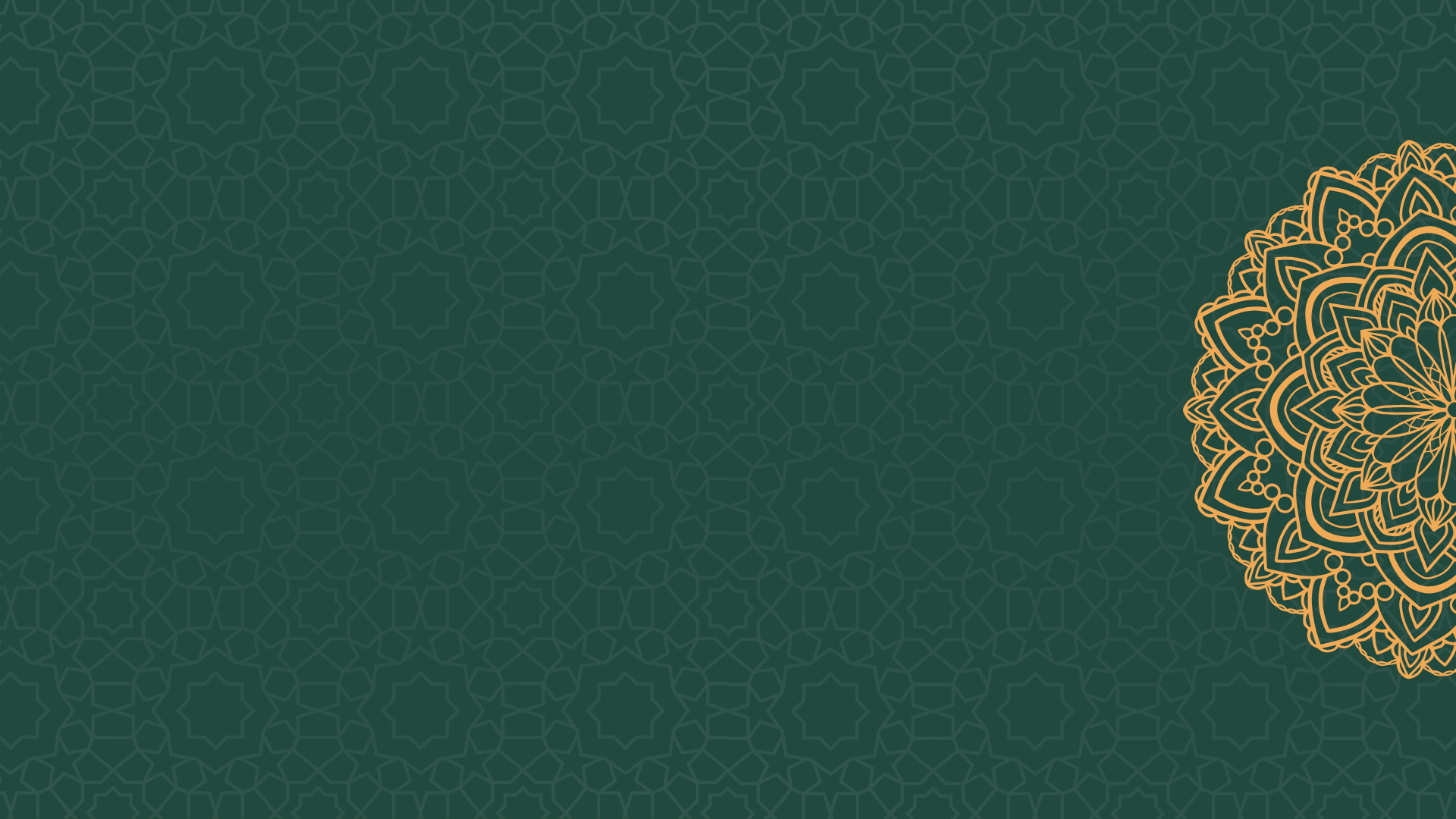A few years ago, on a previous Night of Power, two believers in Turkey were walking and praying along the seafront in Istanbul, asking God to speak to Turkish Muslims that night. Ahead, they overheard an agitated couple having a video phone conversation with one of their mothers: No, anne (mother) still no baby. But tonight is the Night of Power and we will be praying all night for a miracle.”
Laylat al-Qadr, the “Night of Power” or “Night of Destiny” is one of the most sacred events in the Islamic calendar. Believed to be the night when the Qur’an was sent into the world and its first verses revealed to Muhammad, Muslims believe that prayers and good deeds done on this night are of greater value than those done in a thousand months. Some trust in the words of Muhammad when he said, “Whoever stands (in prayer) during the Night of Power out of belief and seeking reward, his previous sins are forgiven.” (Sahih al-Bukhari 1901) Many Muslims spend the night praying for forgiveness of sins and reciting the Qur’an.
The exact night of Laylat al-Qadr is debated by Islamic scholars, as it is believed to occur on any of the odd numbered days in the last ten days of Ramadan. In order to be found faithful on the actual night, some Muslims will observe i’tikaf (seclusion) during the last ten days in order to focus on reflection, prayer and to avoid involvement in worldly affairs.

